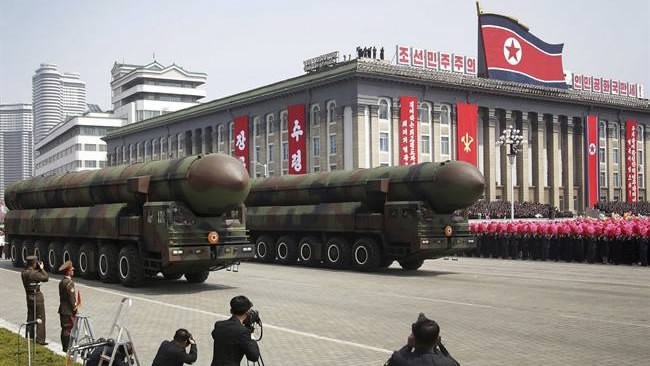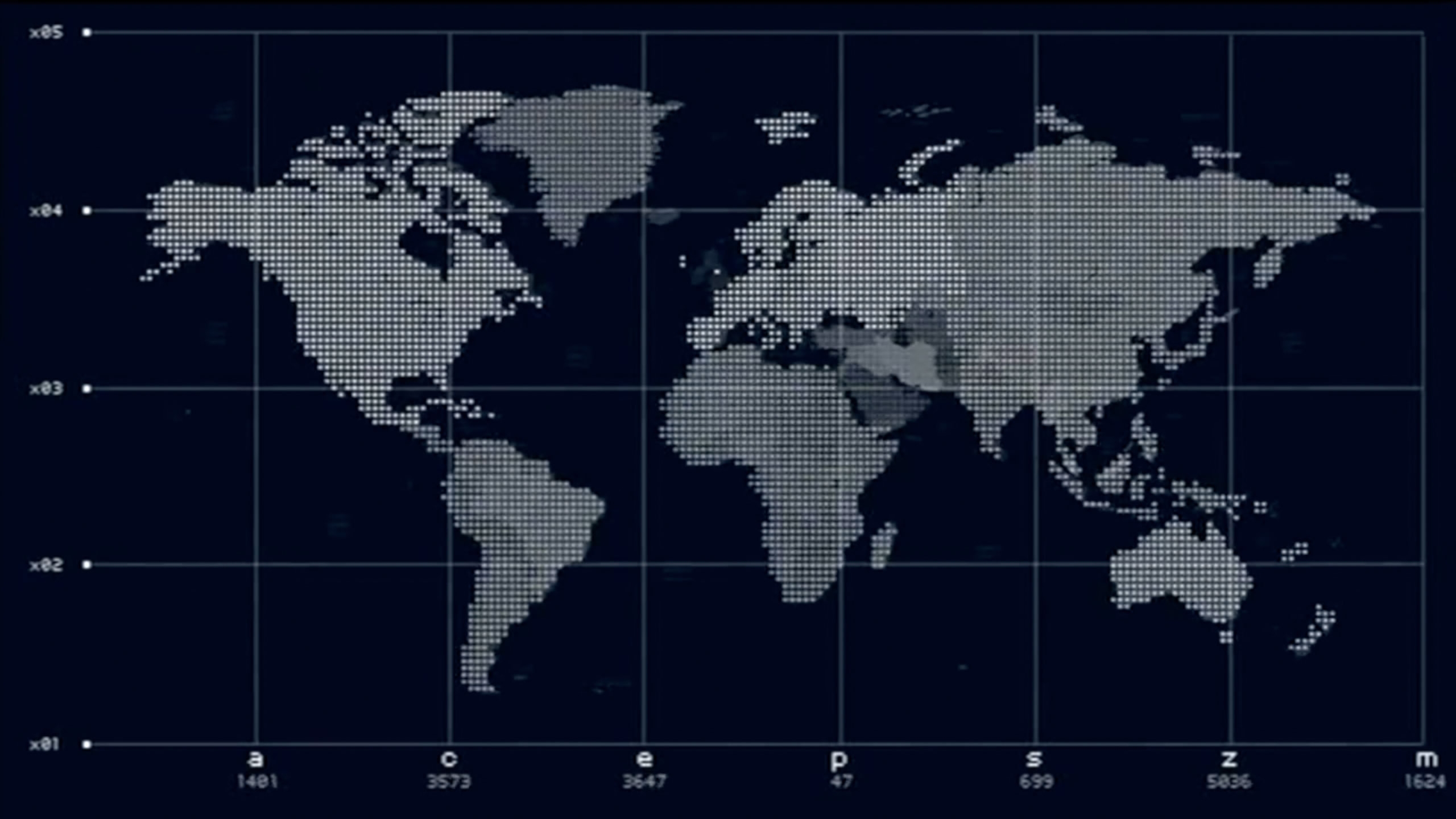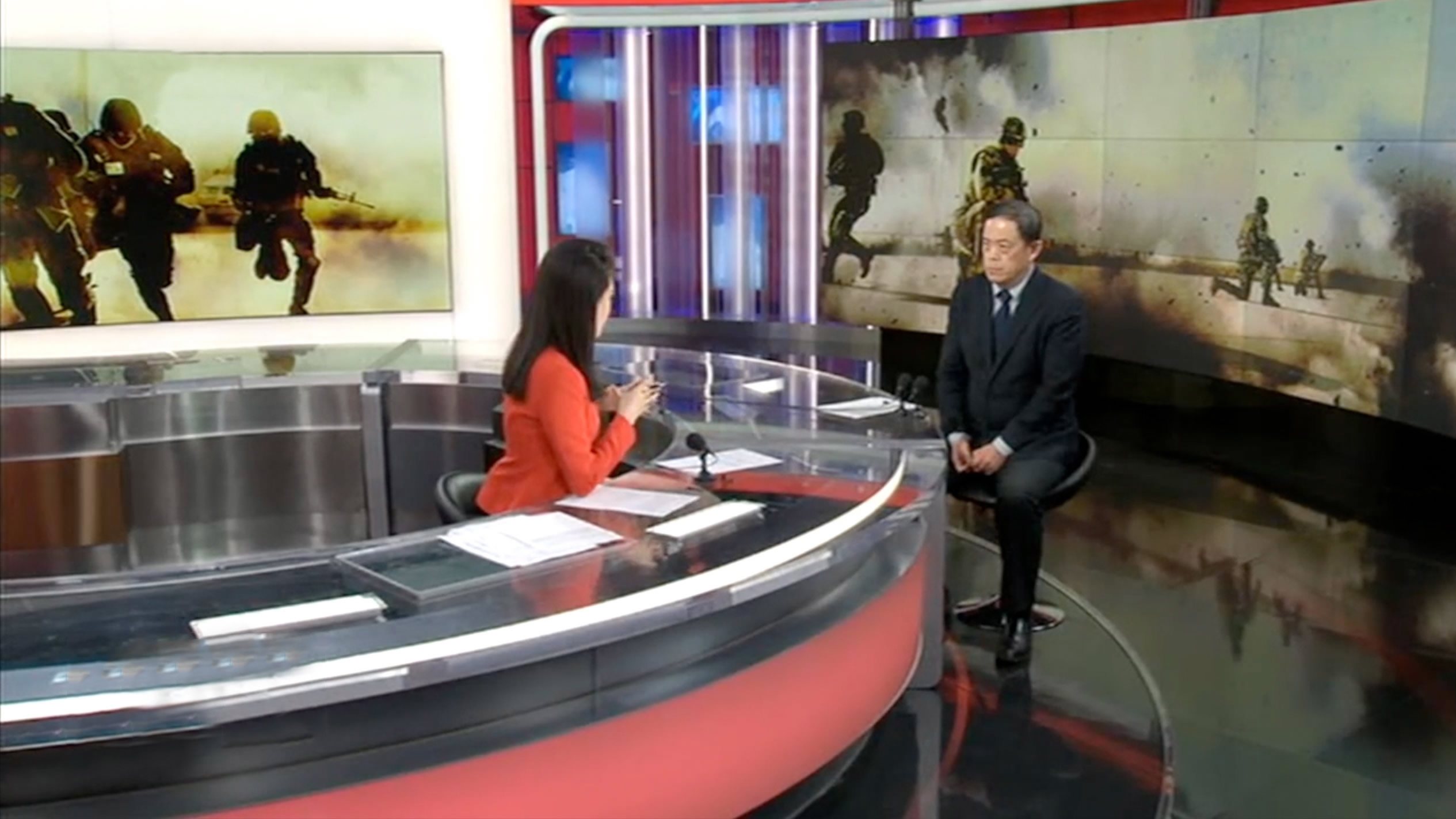
Politics
23:01, 30-Dec-2017
Asia in 2017: Big news across the region
By Ma Shaoyan, Zhao Yuxiang

As 2017 comes to an end, we look back at some of the biggest stories across Asia.

In East Asia, 2017 witnessed the biggest nuclear threat since the Cold War.
This year, the Democratic People's Republic of Korea (DPRK) tested 23 missiles, including two intercontinental ballistic missiles. It also conducted its sixth nuclear test, saying it successfully tested a hydrogen bomb.
The nuclear threat from the DPRK frightened its neighbor to the south. The Republic of Korea (ROK) started to deploy the US-made THAAD anti-missile defense system earlier in the year.
Some local residents protested against the THAAD deployment, while China and Russia also strongly opposed the move, emphasizing it would not help ease tensions on the Korean Peninsula.
For Japanese Prime Minister Shinzo Abe, the nuclear threat was a chance for him to secure power for another tenure.
In November, Abe's ruling coalition was re-elected in a snap election, a step closer to fulfilling his ambition to revise the Constitution.
The unprecedented tempo of DPRK's nuclear development drew criticism and tough penalties.
A week ago, the UN Security Council unanimously adopted a new round of sanctions on the DPRK in a bid to further strangle its energy supplies that were key to its nuclear development.
In Southeast Asia, 2017 saw a humanitarian crisis. The UN estimated more than 600,000 Rohingya refugees had fled to Bangladesh since August 25.
In the Middle East, tensions between Iran and Saudi Arabia continued. Countries such as Qatar and Yemen were victims of the rivalry.
In June, Qatar was embroiled in a diplomatic crisis when Saudi Arabia and three Arab allies cut ties with the emirate on which they imposed an air, sea and land blockade.
In December, Yemen's former president, Ali Abdullah Saleh, was killed by Iran-backed Houthi rebels after Saleh appeared to switch sides to join a Saudi-led coalition.
US President Donald Trump declared Jerusalem as the capital of Israel, sparking global gloom over the Israel-Palestine stalemate. One week later, the Organization of Islamic Cooperation declared East Jerusalem as capital of Palestine. Later in the month, the UN General Assembly overwhelmingly rejected the US declaration on Jerusalem.

There was not merely bad news. The year also saw cheerful moments in Asia as Iraq and Syria declared victory against ISIL. But the threat of terrorism is far from over.
"ISIL will shift their attention to new forms, new type of terrorism, for example, the proliferation of extremist thought by social media, and the individual terrorist attack," said Teng Jianqun, director for the Center of Arms Control at China Institute of International Studies.
Teng said the general public should get a comprehensive understanding of the new type of terrorism today. He also maintained that the international community should share intelligence to coordinate their operations in fighting terrorism.
Faced with regional tensions and global threats, Teng agreed that cooperation mechanisms and frameworks such as China's Belt and Road Initiative, APEC, ASEAN, the Shanghai Cooperation Organization and BRICS could bring Asian countries closer.
"The framework and mechanism are important for the international community to cooperate in dealing with new challenges," Teng said. "No single country or non-state actor can play a leading role in the regional or world affairs."

SITEMAP
Copyright © 2018 CGTN. Beijing ICP prepared NO.16065310-3
Copyright © 2018 CGTN. Beijing ICP prepared NO.16065310-3